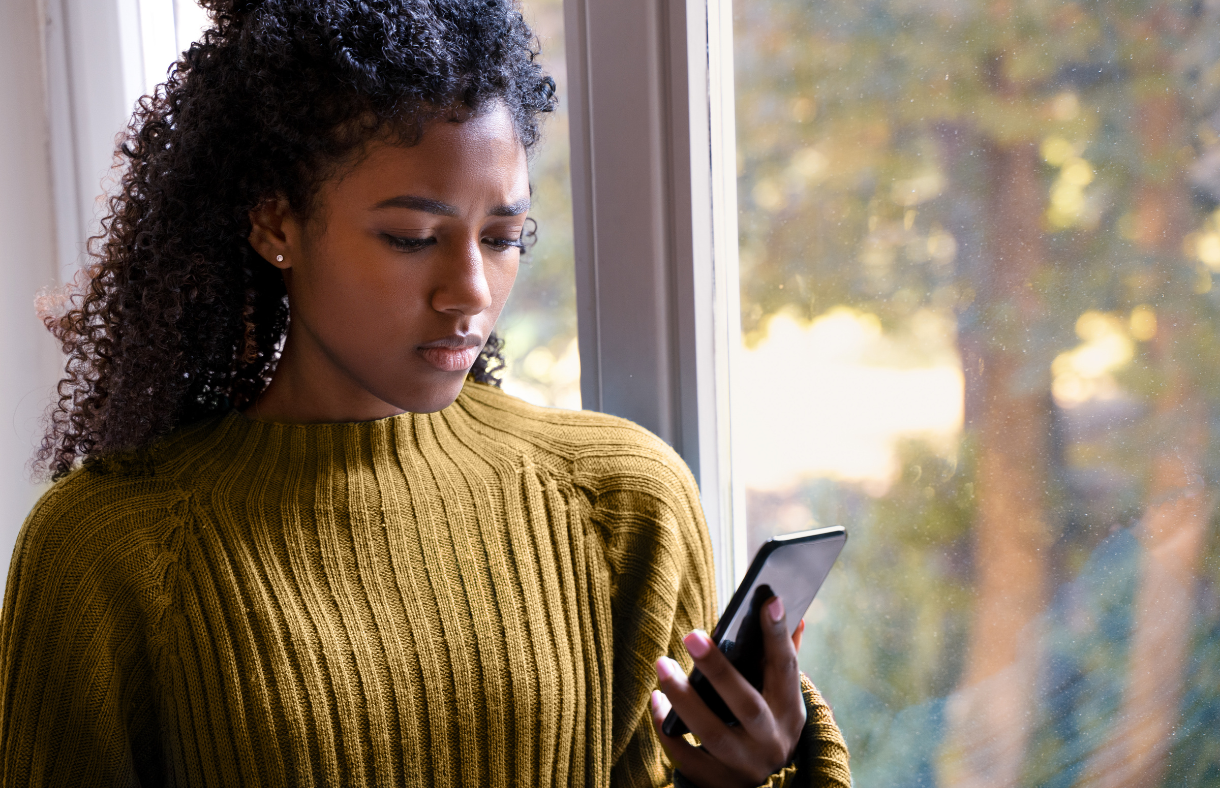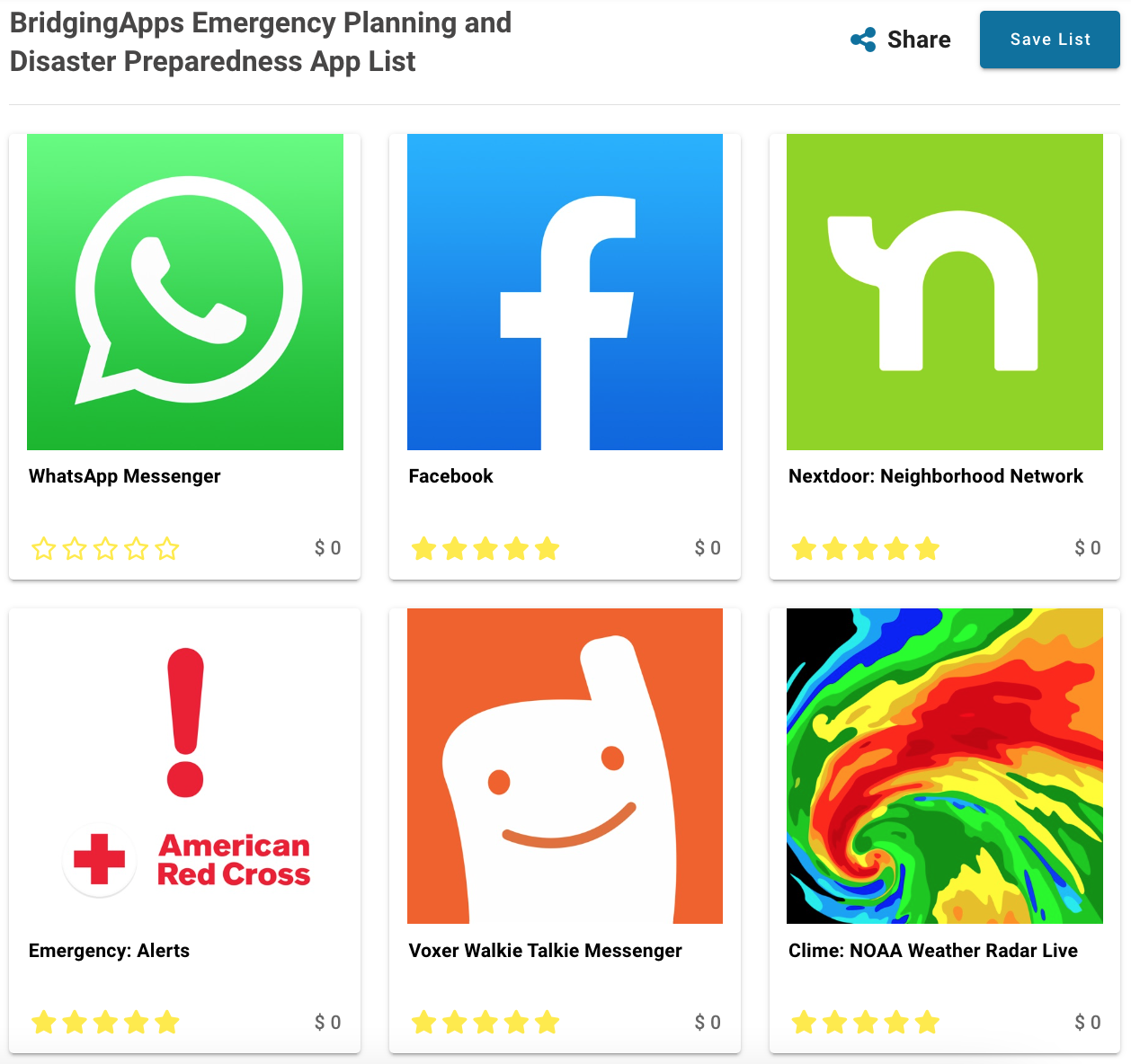The annual hurricane season runs from June through November, and is at its worst in July–September. Along the Gulf of Mexico and the southern Atlantic coast, few people watch summer weather forecasts without some trepidation. Will a hurricane visit my hometown? How strong will it be? How many plans will it spoil? How much damage will it do? What if we have to leave town on short notice? What if we don’t leave and the hurricane is worse than expected? What if we lose our home—or worse?
Around 85 percent of Americans have at least some anxiety about hurricanes or other severe weather. Ten percent admit to phobia-level fears, and 3 percent have become anxious enough to seek treatment.
Where true phobia or PTSD is a factor, the most important step is to get professional help. This article shares additional suggestions for calming hurricane concerns at every level of anxiety.

Apps for Planning Ahead
An ounce of prevention is not only worth a pound of cure, it helps cure unhealthy stress levels that can strike whether or not a hurricane does. Taking reasonable precautions builds up confidence and helps put things in perspective.
The Red Cross Emergency app covers planning for a variety of situations, including hurricanes and such related events as floods and tornadoes. A separate First Aid app offers additional information on preparing, including what to do in case of injury (which, even if the hurricane never comes, is also a risk during the hauling/nailing/trimming/climbing of preparations and cleanup).
(Note: Red Cross apps are updated regularly: for example, the separate Hurricane app will be retired this season, and the Monster Guard app for teaching tweens about emergency preparedness has been replaced by other resources. Make sure you have the most current version of everything: a last-minute rush or a power outage is a bad time to discover that your only emergency app no longer works.)
Where evacuation is a possibility, Google Maps and similar apps are good planning tools. “The Waze app is great for hurricane prep and evacuation,” says Amy Barry, Florida-based Digital Marketing Lead at BridgingApps. “You can find gas stations and avoid restricted areas. Plus, Waze will alert you if you’re navigating into an evacuation zone.” Waze calculates best routes from real-time user input (both passive and active), making it an ideal option if driving conditions might change on short notice.
Apps for Watching the Weather
Another important element of preparation and of being ready for last-minute changes is staying aware of current weather situations. The popular “AccuWeather is my go-to app for weather forecasts and updates,” says Amy Barry.
Other high-rated weather apps include:
- Clime from the National Oceanic and Atmospheric Administration, which also maintains the National Hurricane Center website
- The Weather Channel
- Weather Kitty/Weather Puppy
- Weather Live
- And for kids: Hello Weather, MarcoPolo Weather, and WeatherBug
Your favorite news station may also have its own weather app.
One caveat: whichever app you use, don’t recheck it every fifteen minutes, or you may find your anxiety levels going up instead of down. A quick check every 4–6 hours, plus a sign-up for local weather alerts in case trouble is really close, is adequate.
Apps for Dealing with Anxiety and Worry
For anxiety or fretfulness in the absence of immediate danger, therapy apps and relaxation exercises are helpful. Says Walter Prescher, BridgingApps Digital Navigator: “I use the Tapping Solution app to help manage anxiety. I also use PTSD Coach, and Meditation Timer to practice the art of letting go.”
Amy Barry adds: “One-Moment Meditation is a great app to use when you need to calm down quickly.” For additional ideas, check apps related to emotion, meditation, and mental health.
Above all else, learn to see yourself not as a helpless victim, but as a proactive individual with power to influence circumstances by managing your own attitude. “The best defense is a good offense” applies to hurricane anxiety!


